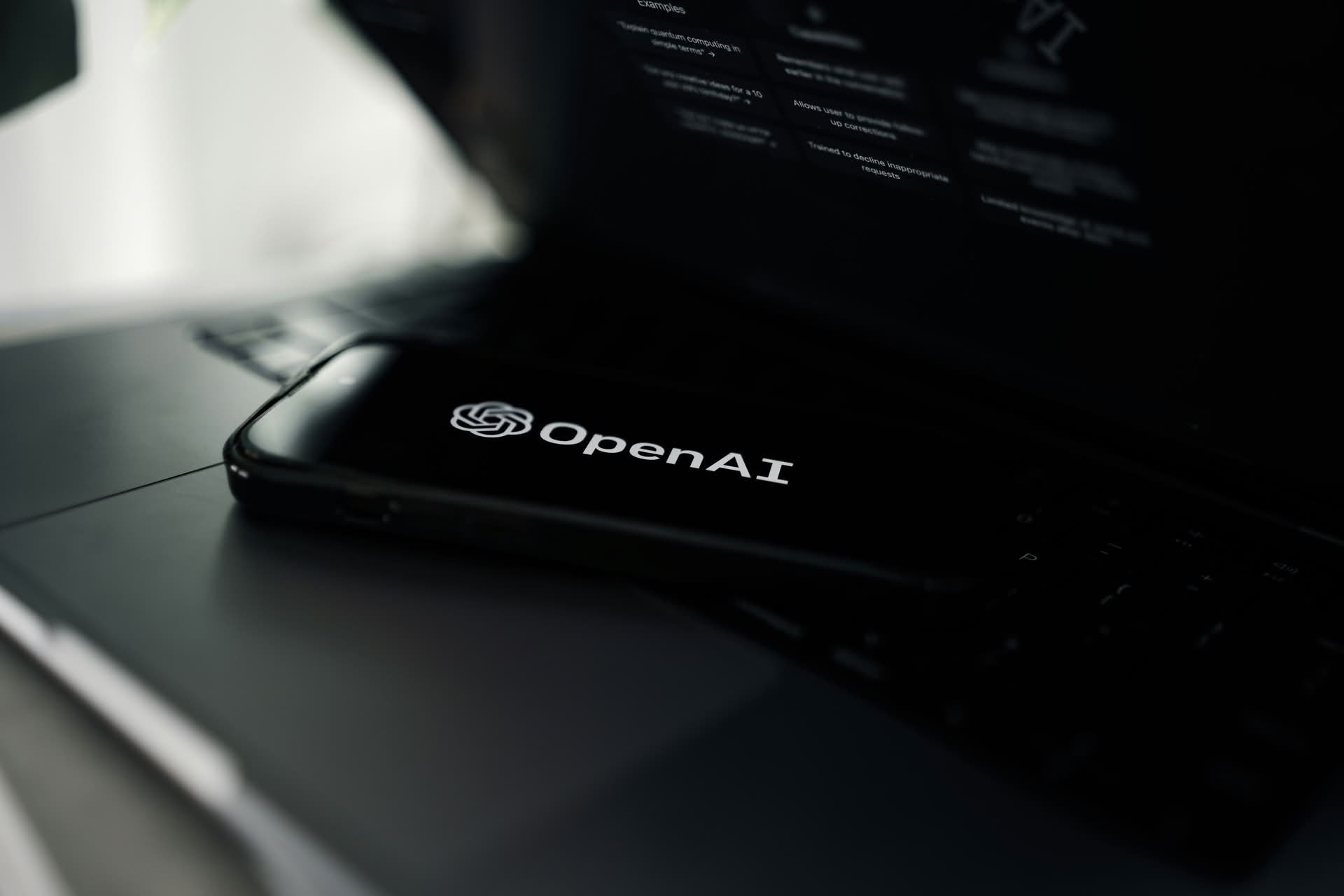Earlier this week, rumors circulated that OpenAI was preparing to release a new AI model called “GPT Next,” sparking widespread speculation about the company’s next major leap in artificial intelligence.
The buzz started after Tadao Nagasaki, OpenAI’s lead executive in Japan, made comments at Japan’s KDDI Summit that seemed to imply the arrival of a revolutionary new model.
However, OpenAI has clarified that “GPT Next” is not an actual product, but rather a placeholder term for how future AI models could evolve over time.
Is GPT Next really the next thing for OpenAI?
In a statement to Mashable, OpenAI explained that the term “GPT Next,” which appeared in quotes during the presentation, was meant to illustrate the exponential growth of AI technology, not to signal an imminent release. The line graph accompanying Nagasaki’s talk was also said to be illustrative, not an official timeline for OpenAI’s future plans.

So, while “GPT Next” is not a real model, Nagasaki’s comments still give us a glimpse into how OpenAI envisions the future of AI. He mentioned that future models could evolve nearly “100 times” over previous versions, further cementing OpenAI’s goal to push AI technology far beyond its current capabilities.
What’s actually on the horizon?
OpenAI’s most advanced model right now is GPT-4, which combines text, vision, and audio processing in a powerful multimodal setup. There’s also growing anticipation around “Project Strawberry” an upcoming project rumored to introduce multi-step reasoning capabilities that could represent another significant advancement. Strawberry would allow AI to handle more complex tasks with fewer prompts, a key step toward more autonomous systems.
Meanwhile, OpenAI has also teased other projects like “Orion,” a new flagship language model reportedly in development. While details remain scarce, rumors suggest that subscriptions for these future models could come at a premium—possibly up to $2,000 per month.
This indicates that OpenAI is eyeing the enterprise sector more aggressively, with plans to offer specialized AI tools that go beyond what current models can do.
Enterprise adoption on the rise
While the public speculates on what’s coming next, OpenAI has already hit a significant milestone with its existing products.
The company recently announced that it has surpassed 1 million paid business users across its ChatGPT Enterprise, Team, and Edu products. This is a notable jump from the 600,000 users reported in April, underscoring the rapid adoption of AI-powered tools in the corporate world.
The push for enterprise use appears to be a strategic move by OpenAI to generate steady revenue from businesses, especially as the costs of running large AI models remain high. ChatGPT Enterprise, for example, allows companies to harness the power of AI for a variety of tasks, from customer support to complex research, all with enhanced privacy and security features.

What does this mean for the future?
While “GPT Next” may not be real, the broader picture remains clear: OpenAI is pushing the boundaries of what AI can do. Whether it’s through Project Strawberry or future models like Orion, the company’s ambition is to create AI systems that can think, reason, and perform complex tasks with increasing autonomy.
These advancements, combined with rising enterprise adoption, suggest that the future of AI is not just about smarter chatbots but about creating systems capable of deeper understanding and problem-solving.
Meanwhile, Project Strawberry continues to stir interest
At the same time, OpenAI’s mysterious “Project Strawberry” has reignited the AI hype cycle. Strawberry is rumored to improve multi-step reasoning, allowing AI to perform tasks with fewer inputs from users. This innovation could bridge the gap between today’s large language models, which often need step-by-step instructions, and the future of AI agents capable of executing complex tasks from a single command.
While rumors swirl about OpenAI’s future models, expectations are tempered by the reality that developing these systems is incredibly resource-intensive. Despite this, OpenAI remains a key player in the AI landscape, with major tech giants like Apple and Nvidia reportedly in talks to invest in the company.
If these investments come through, OpenAI could reach a $100 billion valuation, further solidifying its position as a leader in the AI industry.
Featured image credit: Emre Çıtak/Ideogram AI





